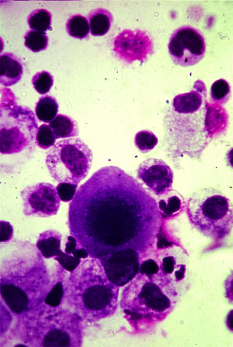Epigenetic aspect to cancer resistance
 Australian researchers have made a groundbreaking discovery in the fight against breast cancer.
Australian researchers have made a groundbreaking discovery in the fight against breast cancer.
A team at the Garvan Institute of Medical Research has found that DNA methylation, an epigenetic change, plays a critical role in developing resistance to endocrine therapy in oestrogen receptor-positive (ER+) breast cancers.
This resistance is a significant hurdle in treating a condition affecting over 4,000 Australians yearly.
The team used decitabine, a drug already approved for some blood cancers, to successfully reverse these methylation changes in mice models.
This treatment significantly reduced tumour growth and doubled survival times, offering a promising new approach for those with endocrine-resistant breast cancer.
Published in Nature Structural & Molecular Biology, the study led by Professor Susan Clark, introduces decitabine as a potential game-changer.
By removing methyl groups from specific DNA regions, the drug reactivates oestrogen receptors and tumour suppressor genes, cutting down cancer growth.
The findings pave the way for a Phase I clinical trial to test decitabine alongside endocrine therapy, aiming to establish a more effective treatment regime.
This innovative strategy could mark a significant leap forward in improving outcomes for patients battling this challenging form of breast cancer.








 Print
Print